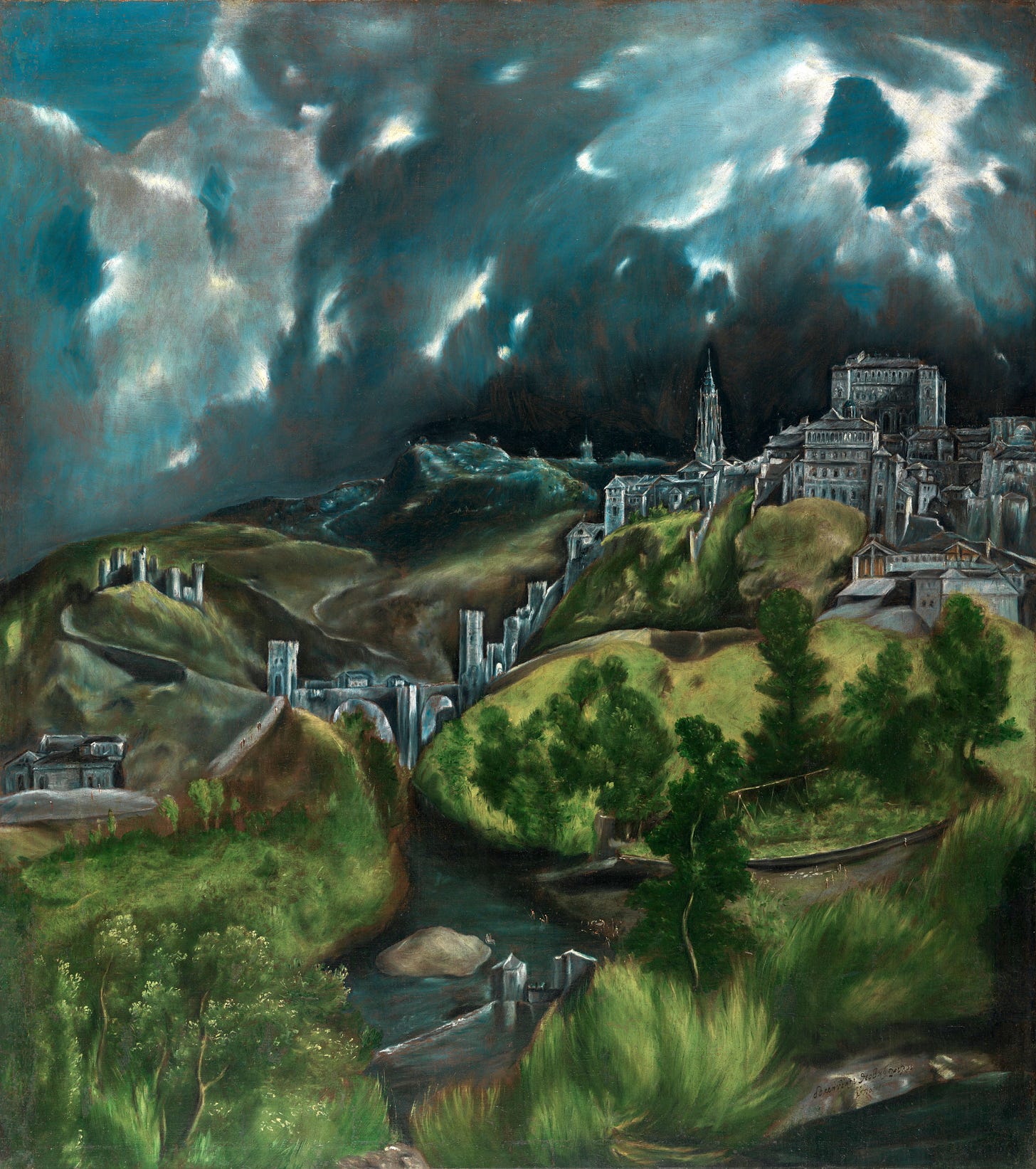Today’s Poem: Songs of the Soul
The mysticism of St. John of the Cross, for his June 24 birthday

Keep reading with a 7-day free trial
Subscribe to Poems Ancient and Modern to keep reading this post and get 7 days of free access to the full post archives.



